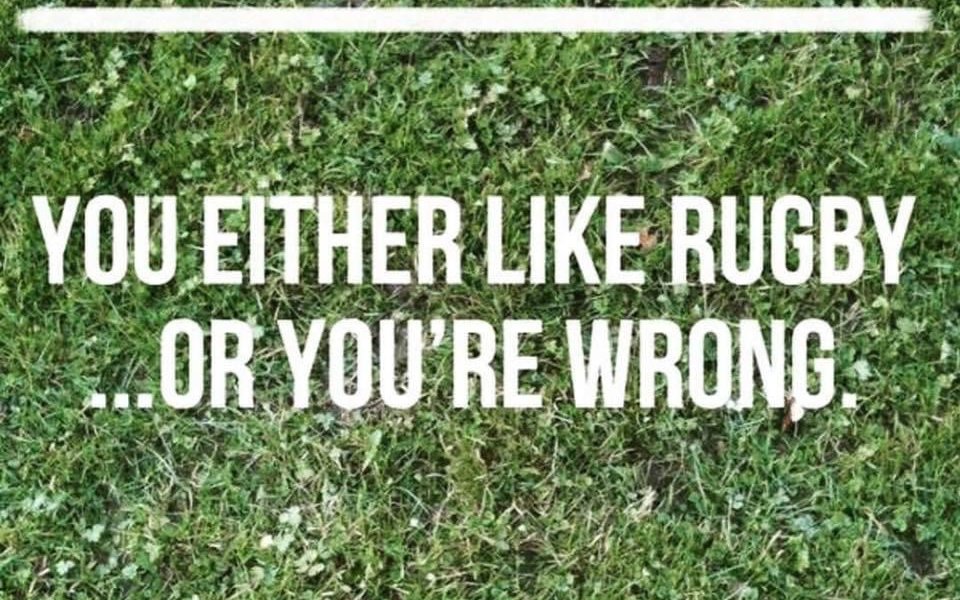
HUMP Day News
Sorry for the delay team. I woke very early to return from NZ and had an appointment that took longer than expected. I am getting old, which while being infinitely better than not being able to, does mean I get tired quicker these days and last night I crashed before I could write this.
It’s certainly been an interesting last 5 days and with everything leading into the game of revenge this weekend I thought I’d add an opinion piece just to settle things down. Now I know there are some here who will take this to the ultimate level but that’s ok, we’re all passionate supporters of the game and our teams and to be honest writing an opinion piece that didn’t push the boundaries and get people off side would be a pretty sad state anyway. However, let’s be respectful in our responses and accept that not only will not everyone think the same as us, but that it’s actually ok when they don’t.
The European Non- Australian View – From Planet Rugby
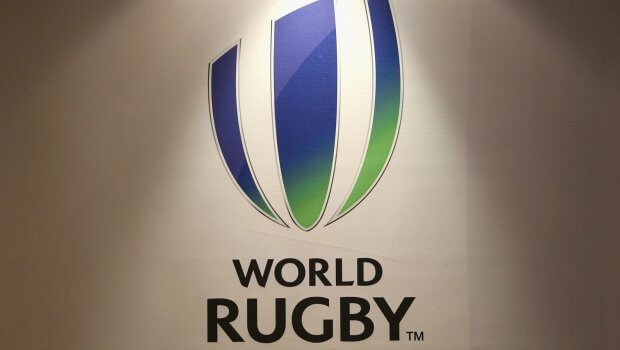
By some calculations, it took 48 seconds of real time between Mathieu Raynal blowing his whistle for what ought to have been a game-clinching penalty for Australia, and the blow of the whistle that gave New Zealand a scrum and the chance to win the game. That doesn’t sound like much, but we’d invite you now to start your stopwatch, get up, go and pour a coffee and then come back to the screen (timed at 27 seconds).
If there is a little understanding because of the lack of precedent for Raynal’s decision, there is not one iota of sympathy. When the whistle blew and the arm was up in the air, in rushed the Wallabies from all corners of the field: high-fives, hugs, chest-bumps, windmilling arms to the crowd to gee them up, all were on proud show. And still the game-clock ticked on. It took Mr. Raynal 27 seconds to ask Australia to hurry it up a bit – while a cup of coffee was made. If you cannot get a game restarted, injuries notwithstanding, in the time it takes someone to go and refill a coffee, there’s a problem with game-flow, plain and simple.
The only aspect that is not clear is why, three seconds later, Mr. Raynal called time off and restated his case, but presumably he, like us, had had enough of the Australians celebrating their ‘win’ when there was quite clearly more than a minute still left on the clock. Certainly Mr. Raynal’s patience was clearly taut when he called time off as a result. You don’t resort to niceties or euphemism when you talk in a foreign language and there was little to misunderstand about the words “I call time on, we play now ok? We play now.” And then the whistle was blown for time on. Did we play? Of course not.
The most damning piece of evidence at this point is the reaction of Australia’s backs. shouting “kick the **** ball out”. It might well have been that this was the trigger for Mr. Raynal’s whistle, but all those who plead that Foley was already shaping to kick are completely agnostic of the s***housery that went before it. But most of all, this scenario is a reminder to all that you should choose your moments. It was unprecedented, but it was not unwelcome.
People have talked complained before about the ridiculous over-celebrations of actions on the pitch and about the creep of gamesmanship and time-wasting into the game. Those who would argue that clock-running acts such as Foley’s happen all the time (they do) should be countered with the assertion that the value of the time wasted differs in different situation and deserves to be treated differently as a consequence.
The Australian view – Rugby Heaven, The Roar, Rugby.com.au etc.
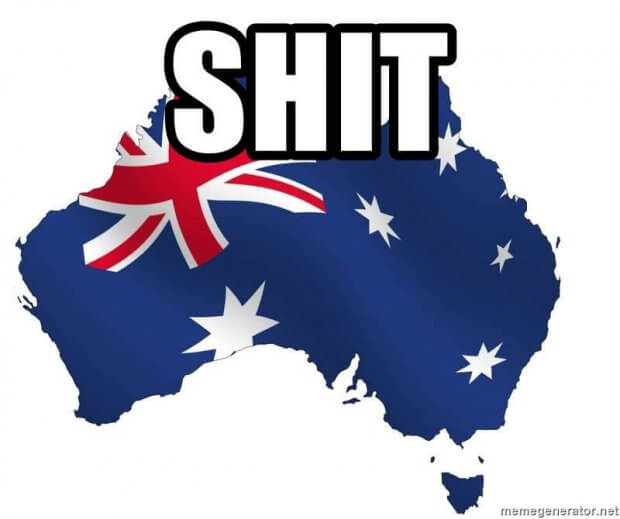
The decision of French referee Mathieu Raynal to punish Australia for time-wasting in the dying stages of the Bledisloe Cup will be debated for decades. A bewildered Dave Rennie will demand a “please explain” from World Rugby as former Wallabies Tim Horan and Morgan Turinui slammed referee Mathieu Raynal for a “disgraceful” call.
Rennie said in his decades of playing or watching rugby, he’d ever seen a call like it. “I haven’t seen a decision like that at any level, I think you’ve got to have a feel, a feel for the game and the situation. So if you feel a team’s wasting time, then stop the clock, then they kick it out, and then you play the game and the teams decide it. [It was] just a real lack of feel for the situation.”
Tim Horan couldn’t hide his disbelief after the match.
“I’ve been commentating for over 20 years and I thought it was a disgraceful decision by the referee. He cracked under pressure,” Horan said on Stan. “Ninety seconds left in the game and he cracked under pressure in one of the biggest moments, one of the biggest games here in Australia. It was a disgraceful decision and World Rugby need to look at it. It was terrible.”
Turinui was just as displeased and said Raynal needed to be sanctioned. “It’s the most disgraceful decision I’ve ever seen,” Turinui said. “I think the mechanics of the decision are completely wrong. No one knows if he’s called time back on. There’s been no communication with the player. There’s that much time-wasting in the game as it is. When the Wallabies have won the game, you don’t contrive a situation to cost the better team the game. It’s as simple as that. That referee should be sanctioned. If I’m Hamish McLennan the chairman, if I’m [CEO] Andy Marinos, I am on the phone to World Rugby right now.”
Rennie said Foley was “gutted” but praised him for a terrific game, which included an excellent conversion from the sideline to level scores at 34-34 in the 74th minute. “He’s a bit bewildered, to be honest and shocked by the decision,” Rennie said. “Down 31-13 it’s easy to start thinking it’s going to be a tough finish to the game, but he kept encouraging us to play and play at the right part of the field. I thought he had a big game.”
Complaints against the Referee. It’s actually our fault.
(Warning – Opinion piece)
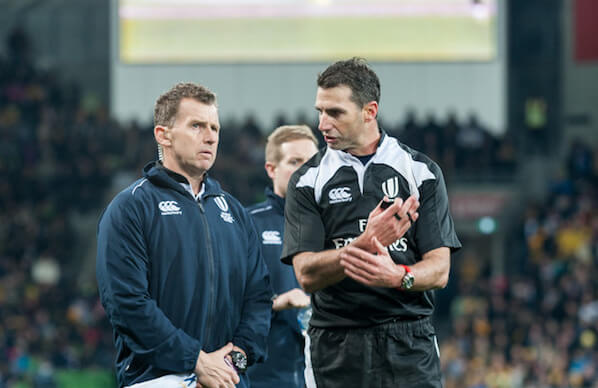

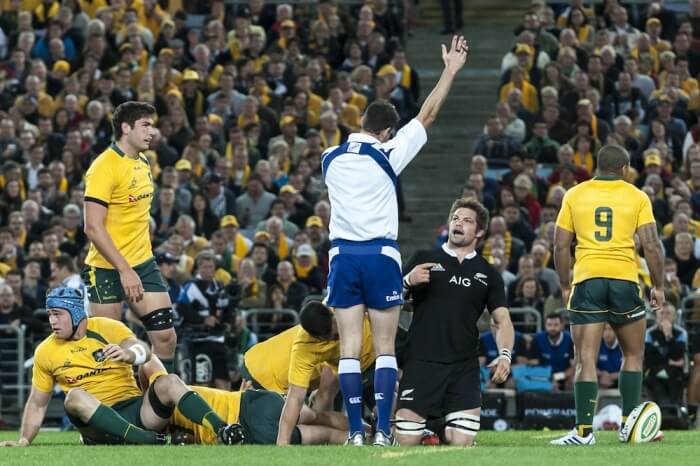
So those last two posts were just to point out how one decision can be seen completely different from the perspective of different people depending on what team they follow. Unfortunately with the increase in the ability of people to voice their opinion on social media, and elsewhere, the vitriol that is experienced by referees who dare to make a call that they disagree with is increasing. We see time after time on almost every social media platform outrage and scorn of decisions, often backed up by pictures and selected video clips of the game that supports the premise that “their” team was not treated fairly by the referee. Add to this the lack of any real sanctions from the governing bodies so that a video from the biggest dickhead of them all is almost seen as being supported (and I’d suggest actively supported from SARU) then people are seen as having tacit approval to conduct their rage against the man in the middle.
Now we all know that rugby is a dynamic game with lots happening at anyone time. Unlike the other contact sports the collision is not the end of one phase and the start of another but a continuation of the dynamics as players continue to contest the ball. This creates a situation where at anyone time there are a multitude of events that could be ruled on by the referee. What the referee decides is based on what he/she sees and the picture they have of what is happening at the time. Now this sounds obvious but it is actually even more profound than just obvious. Depending on where you are viewing the event from depends exactly on what you see. Stand on one side of a ruck and you see one picture, stand on the other side of the ruck and you see a slightly different picture. What some of the spectators and supporters don’t seem to understand is that the view they see is never the same as the referee. Even at a scrum on the sideline we are watching from the referee by being closer to the event, and usually having a hell of a lot more knowledge than us, sees things that we don’t and makes their decision on that. We don’t know why the decision was made and if it goes against our team then we frequently assume that it is wrong. Making this even harder for the spectators is the tactical application of the laws to account for events that don’t have a material affect on the game so that we often see the same thing adjudicated on differently in the same game and so question the “consistency” of the law application. In a game of rugby more than 90% of the decisions that are made by the referee are subjective rather than objective. The laws of the game are applied but depending on the picture the referee sees and the application of these laws in a tactical manner the decision is absolutely subjective.
To make things even worse we have ex players commentating on the game and openly questioning the decisions of the referee on TV. Most supporters wrongly believe that these ex players know and understand the laws of the game and so if they question the decision then obviously it must be incorrect. If it is one against our team then we are more inclined to agree with these muppets and believe we are being hard done by. We also get troll journalists like Hamish Bidwell making stupid comments about the “guesswork” of adjudicating on scrums as though referees don’t spend a lot of time training and understanding what is going on so they do have a pretty good idea on what caused a scrum to collapse. They all assume that because they are too stupid to know what happened then no one else must either and so it’s guesswork rather than a good decision.
All of this is putting international referees in particular under immense pressure, and part of their response is to use the TMO to try and make sure they make the correct decision so that they, and their family, have a reduced amount of vitriol poured over them – only reduced as it will never disappear completely. So when an incident happens the referee calls on the TMO and ARs to try and understand not only the picture they saw, but also anything else that has gone on so that they can make the “correct” decision and reduce the crap they get from everyone on that decision. This of course takes time and the more complicated the issue, or the more impact it will have on the game, the more time the officiating team take to try and get it correct. Now of course we have everyone complaining about the amount of time that is wasted by the TMO and how this is taking away the enjoyment of the game and making it harder to watch.
The issue of CTE and other long term effects of concussion and head trauma that has brought in the World Rugby initiatives to reduce it and has created even more cards and stoppages has also contributed to the complaints and issues about watching rugby. Of course this also gets put onto the referee as they take time to understand the event and then apply the rules put out by World Rugby on this.
So we want the game to be faster, we want the referee to be more consistent, we want the referee to be more accurate and make better decisions and we want to stop time wasting. However, we also want the referee to make sure that this applies to the opposition more than our team and we demand that every decision is 100% accurate all the time but question this when it goes against our team.
To be honest I’m not sure what the answer is here. I mean I get as frustrated as anyone else when I think a decision goes against the team I’m supporting. I do try to be more objective and accepting of this but being human and with human emotions I don’t always succeed. For me the two things I always try to keep in mind are:
- The referee is doing this because he/she loves the game as much as I do and is only trying to do the best they can. Like the players they will make mistakes but unless we want to go down the American Football path we need to accept this and move on, like we do with the players. Personally I believe that mistakes by players have cost more games than mistakes by referees and for those people who say “Let the players decide the game, not the referee” I’ll reply with “They do you muppet! The referee only ever rules on something a player does” I mean if a team kicked off, the opposition caught the ball and ran and scored without anything against the laws of the game then the referee would only blow their whistle twice. Once for the kickoff and once for the try. They only ever stop this process when team does something against the laws of the game so it is always the players that decides the game.
- I don’t always know what the referee saw and why he/she made that decision but, again like the players, they would only be there if they have proved with previous performances and training that they deserve to be there so maybe they actually know what they’re doing.
The big thing for me is that while we all sit at home on the couch watching a game and getting upset at the referee and the decisions they made against our team and then complain about the TMO and the length of time the referee is taking we actually have to remember that this is our fault because we demand perfection in an imperfect game.
